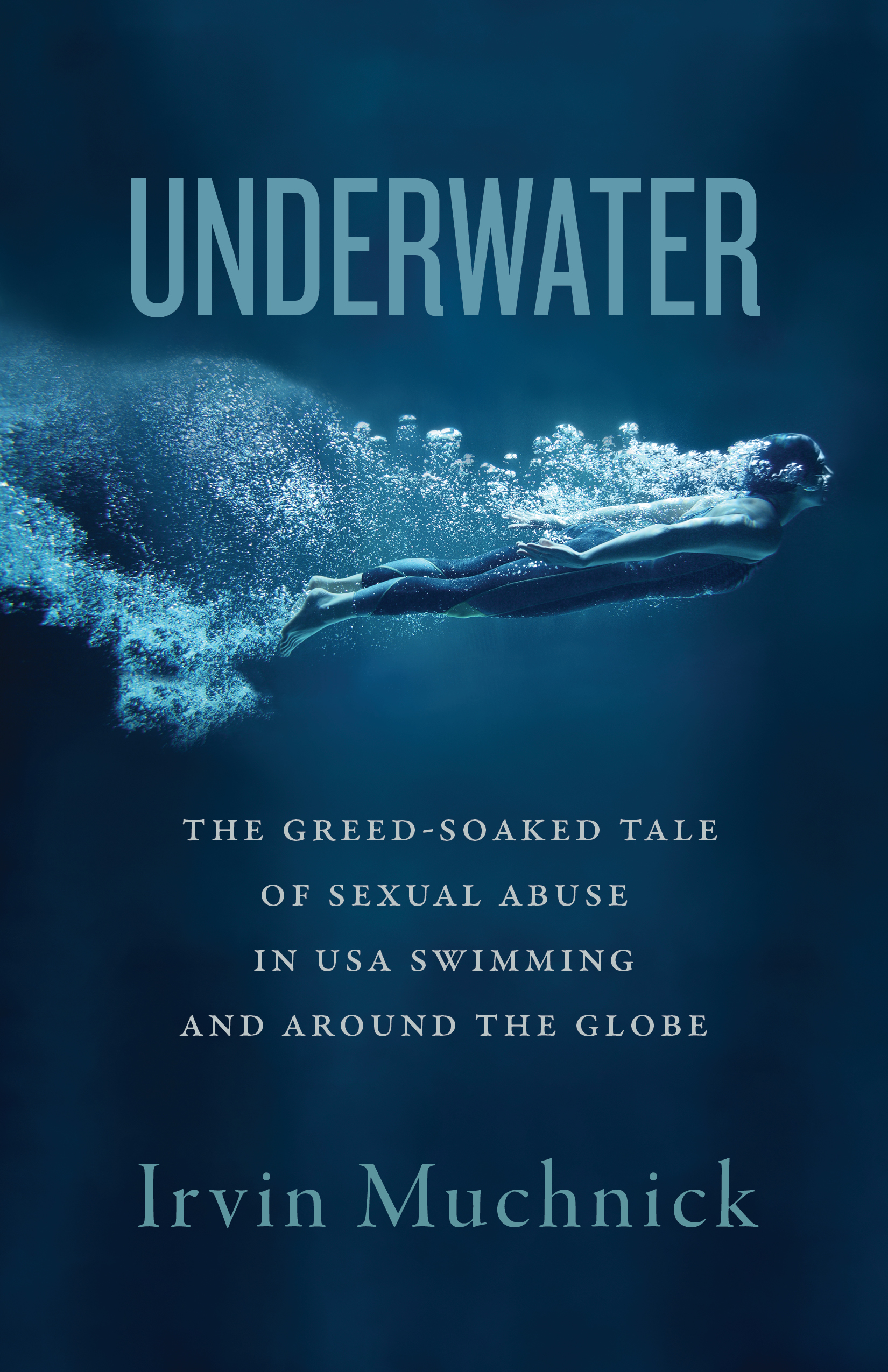Guest Essay by Mitch Lyons, Founder of Campaign to End Abusive Coaching: ‘Public School Athletics Are Negligent and Neglected’
April 2, 2024My Shot on the ‘Alarmist’ Podcast, Discussing the 2007 Chris Benoit Double Murder-Suicide
April 5, 2024
“Is Real Reform at Hand to Curb Youth Coach Sexual Abuse? … Today at Salon,” March 10, https://concussioninc.net/?p=15460
“Irvin Muchnick: Parents have the power to compel Congress to act to protect young athletes … Today on the Chicago Tribune op-ed page,” March 13, https://concussioninc.net/?p=15468
by Irvin Muchnick
The U.S. Center for Safe Sport – the captive Olympic movement-supported agency investigating and adjudicating claims of sexual abuse – is scrambling to get ahead of criticisms that threaten its current structure. Pointedly, these criticisms include recommendations that were published last month in a little-noticed report by a congressional commission.
See the Associated Press coverage, “SafeSport Center announces changes designed to address widespread complaints,” https://apnews.com/article/olympics-abuse-safesport-1685e2e20397de86a28b6479793b47c3.
According to the AP, the changes include plans to improve training of the center’s response and resolution department; establishment of a team specializing in complaints of abuse of minors; and “audits to seek accountability deeper into grassroots sports.”
The last, especially, is a clear response to the 277-page report that dropped last month from the Commission on the State of the U.S. Olympic and Paralympic Committee, a body set up by Congress four years ago to formulate proposals in multiple areas of the Olympic movement. The commission recommended that Congress pry away from the Olympic Committee and its national sport governing bodies governance of grassroots programs for non-Olympic aspirants – which instead would be overseen by a federal government office – while leaving the Colorado-based committee in control only of elite programs. Additionally, the commission called for spinning off the Safe Sport center as an entity with complete federal government funding.
The commission report described Safe Sport center CEO Ju’Riese Colón as open to changes. But this new development is an indication that she is under pressure from Olympic apparatchiks to make unilateral changes designed to sell the public on the idea that the more far-reaching commission recommendations are unnecessary.
When I call the commission little-noticed, I mean that the only media accounts of its findings and recommendations have come in summaries relegated to the back pages, with little or no analysis of the implications of what would be the first fundamental in the American Olympic system since the passage in 1978 of the Ted Steven Olympic and Amateur Sports Act. (The Safe Sport center “does not adequately employ trauma-informed practices” and “has never been able to find its footing,” the commission observed, in reference to the recommendations discussed here.)
USA Today, the Washington Post, and others published such accounts. So far as I can tell, neither the New York Times nor its sports subsidiary The Athletic did. (A commission member confirmed this to me; the Times did not respond to a query directed to its media relations department.)
My own analyses of the commission’s work have appeared in the Chicago Tribune and Salon. Concussion Inc. will be reprinting the full texts of those pieces in the near future.
***
To date, our coverage has mentioned only three of the commission’s 14 members. These are:
- co-chair Dionne Koller, director of the University of Baltimore’s Center on Sport and the Law (whom I interviewed by email last year for a Salon story in anticipation of the report);
- Edwin Moses, multiple gold medalist hurdler (who closely questioned Safe Sport’s Colón at a hearing last year); and
- Nancy Hogshead, gold medalist swimmer (who, as director of advocacy for the Women’s Sports Foundation, orchestrated the petition campaign that forced Chuck Wielgus, the late chief executive of USA Swimming, to stand down from his scheduled 2014 induction into the International Swimming Hall of Fame. Hogshead has gone on to found her own advocacy group, Champion Women.)
The other commissioners are:
- co-chair Han Xiao, former chair of the U.S. Olympics’ Athletes’ Advisory Council;
- Jordyn Wieber (former Olympian and now gymnastics coach at the University of Arkansas);
- Benita Fitzgerald Mosley (gold medalist hurdler whose most recent prominent nonprofit position is CEO of Multiplying Good;
- Brittney Reese (gold medalist long jumper);
- Robert Cohen (member of the Olympic Foundation board of directors);
- William Hybl (OIympic Committee president emeritus);
- Karin Korb (former Paralympian in wheelchair tennis);
- Patty Cisneros Prevo (Paralympian gold medalist in wheelchair basketball);
- Melissa Stockwell (former Paralympian triathlete and swimmer);
- Rob Mullens (athletic director at the University of Oregon); and
- Joseph E. Schmitz (lawyer, corporate executive, and former inspector general of the U.S. Department of Defense.

